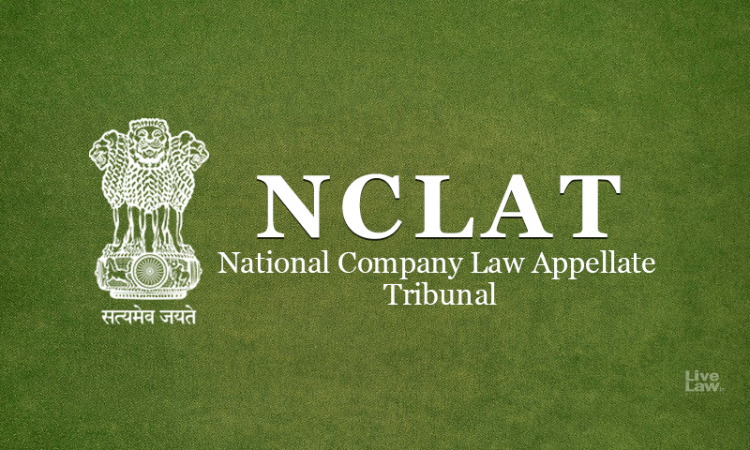The Principal Bench of the NCLAT consisting of Justice Ashok Bhushan (Chairperson), Justice M. Satyanarayana Murthy (Judicial Member) and Barun Mitra (Technical Member) in the case of Vikas Dahiya (Ex-Director of Golden Tobacco Ltd.) Vs. Arrow Engineering Ltd. held that the doctrine of Res Judicata applies to proceedings under the IBC and challenge to the findings in incidental...

